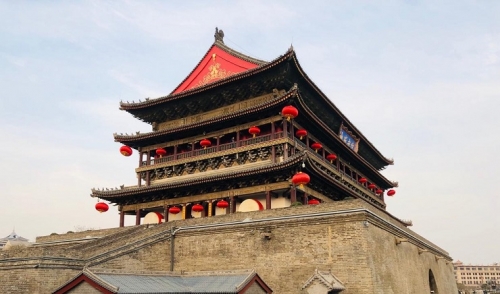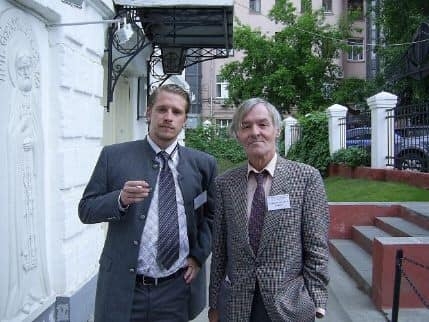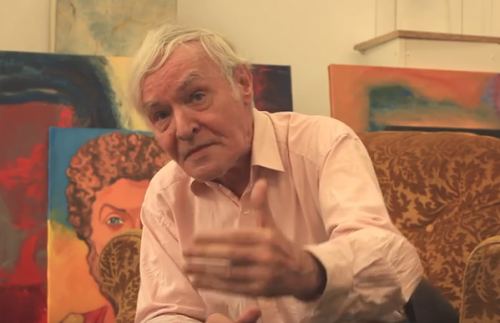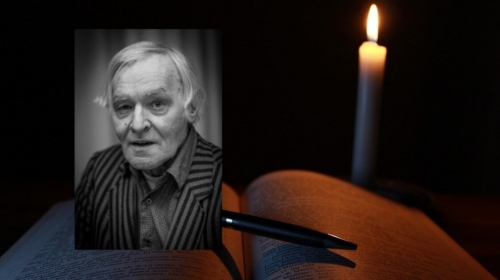Les jeunes et les pauvres, exclus du grand débat national ? Dans une étude diffusée le 9 mars, Le Parisien explique avoir décortiqué les 334.000 propositions citoyennes enregistrées dans le cadre de l'initiative macronienne, qui touche à sa fin. Une bonne partie de celles-ci provient de la plateforme internet du grand débat, non protégée du parasitage des activistes, anonymes et autres trolls, comme avait pu le constater RT France.
«C’est une France urbaine, socialement favorisée et retraitée qui s’est exprimée, du moins sur internet», analyse pour le quotidien de la capitale Jérôme Fourquet, directeur du département opinion publique à l'institut de sondage Ifop. Plusieurs médias ont, eux aussi, noté la faible réactivité des jeunes face à l'initiative gouvernementale.
«La France qui a participé est celle qui a voté Macron»
«La France qui a participé à cette vaste enquête est celle qui a voté pour Emmanuel Macron au premier tour de l’élection présidentielle», ajoute d'ailleurs Jérôme Fourquet. Par voie de conséquence, il note des disparités entre la participation des départements les plus riches et celle des moins aisés. L'illustration est faite avec l'Ile-de-France, Paris et les Hauts-de-Seine, qui en sont à plus de six contributions en ligne pour 1 000 habitants, loin devant la Seine-Saint-Denis – où le taux de pauvreté est le plus élevé de France métropolitaine – avec moins de quatre contributions en ligne pour 1 000 habitants.
Aussi, le grand débat initié par Emmanuel Macron, et organisé par le gouvernement en dehors d'un cadre indépendant (comme le souhaitait à l'origine la Commission nationale du débat public) semble être, d'abord, une affaire macronienne.
«La carte des non-contributeurs correspond à celle du non à Maastricht», résume par ailleurs Jérôme Fourquet qui constate «une fracture civique et démocratique».
Moins de contributeurs que de Gilets jaunes ?
Le Parisien affirme en outre que seuls 160 000 internautes auraient répondu à un ou plusieurs des quatre formulaires sur le site internet. Peu flatteur pour une démarche qui souhaitait éteindre la contestation des Gilets jaunes. Les macroniens ou partisans d'Emmanuel Macron ont beau avoir fait part, dès le premier acte le 17 novembre, de leurs réserves quant à la réussite du mouvement citoyen, force est de constater que celui-ci avait réuni, selon les chiffres du ministre de l'Intérieur (source pourtant accusée par les manifestants de minimiser la mobilisation) plus de 280 000 manifestants. Une mobilisation bien supérieure sur une journée, au nombre de participants du grand débat en ligne sur près de trois mois.
Le député de La France insoumise (LFI) Eric Coquerel a de fait rappelé le 12 mars à l'Assemblée nationale que le grand débat n'avait mobilisé sur son site que «0.25% des Français [...] moins d'un adhérent sur deux revendiqué par En marche». «A croire que même vos fidèles n'en ont pas voulu, de votre grande propagande nationale», a ajouté l'élu LFI à l'attention du Premier ministre Edouard Philippe.
Pourtant, le gouvernement et les élus de La République en marche comptent bien s'appuyer sur certains chiffres, manipulables, pour montrer le succès de leur opération. Par exemple, la secrétaire d'Etat auprès du ministre de la Transition écologique et solidaire, Emmanuelle Wargon, le ministre chargé des Collectivités territoriales Sébastien Lecornu ou la députée LREM d'Ille-et-Vilaine Laurence Maillart-Méhaignerie se félicitent en effet d'avoir obtenu environ 1,5 million de contributions individuelles sur la plateforme en ligne.
Sur les réseaux sociaux, la députée LREM de l'Ain Olga Givernet se vante pour sa part d'une «importante participation avec 16 000 cahiers de doléances ouverts [et] 10 000 réunions d’initiatives locales».
La macronie est donc en rang serré, pour présenter le grand débat comme une réussite du quinquennat.
Que se passera-t-il dans les mois suivants ?
Après la fin de la récolte des contributions le 15 mars, l'exercice se poursuivra avec des conférences régionales de citoyens tirés au sort. Ils livreront leur diagnostic sur deux week-end, soit le 15-16 mars, soit le 22-23 mars selon les endroits.
Des débats au Sénat et à l'Assemblée nationale auront également lieu début avril sur les quatre thèmes (transition écologique, fiscalité et dépenses publiques, démocratie et citoyenneté, organisation de l'Etat et services publics). Selon une source parlementaire, contactée par l'AFP, le gouvernement devrait ensuite faire le 9 avril une déclaration devant l'Assemblée nationale, sans vote.
Sébastien Lecornu affirme d'ailleurs dans Le Journal du dimanche du 10 mars que des propositions se «déploieront jusqu'à l'été».
Le 12 mars devant le Conseil économique social et environnemental (Cese), Edouard Philippe annonce en outre que le grand débat devait aboutir sur plusieurs points à un «compromis démocratique». Cependant, difficile de rendre plausible cette éventualité lorsque, dans le même temps, La République en marche et son délégué général Stanislas Guerini confirment avoir pour proposition de faire travailler les salariés un jour supplémentaire, gratuitement, afin de financer la dépendance des personnes âgées. Il s'agirait d'une deuxième journée de solidarité après celle mise en place par le gouvernement Raffarin en 2004 pour financer... la dépendance.
Avant l'issue définitive du grand débat, la macronie n'est-elle pas déjà en train de jeter de l'huile sur les braises de l'actuelle contestation sociale ?
Bastien Gouly



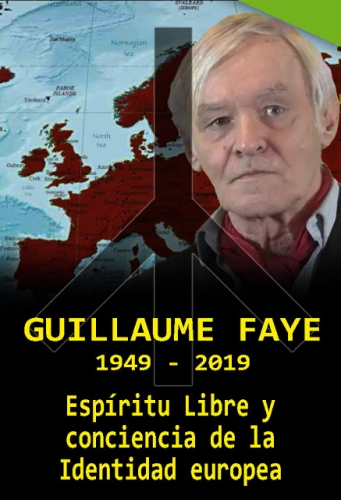

 del.icio.us
del.icio.us
 Digg
Digg
